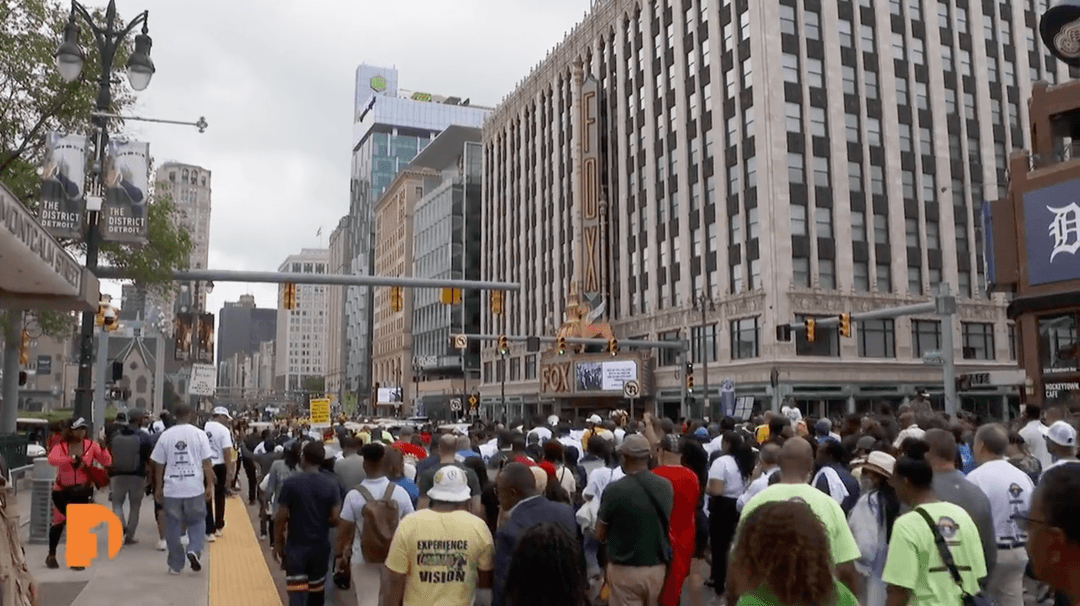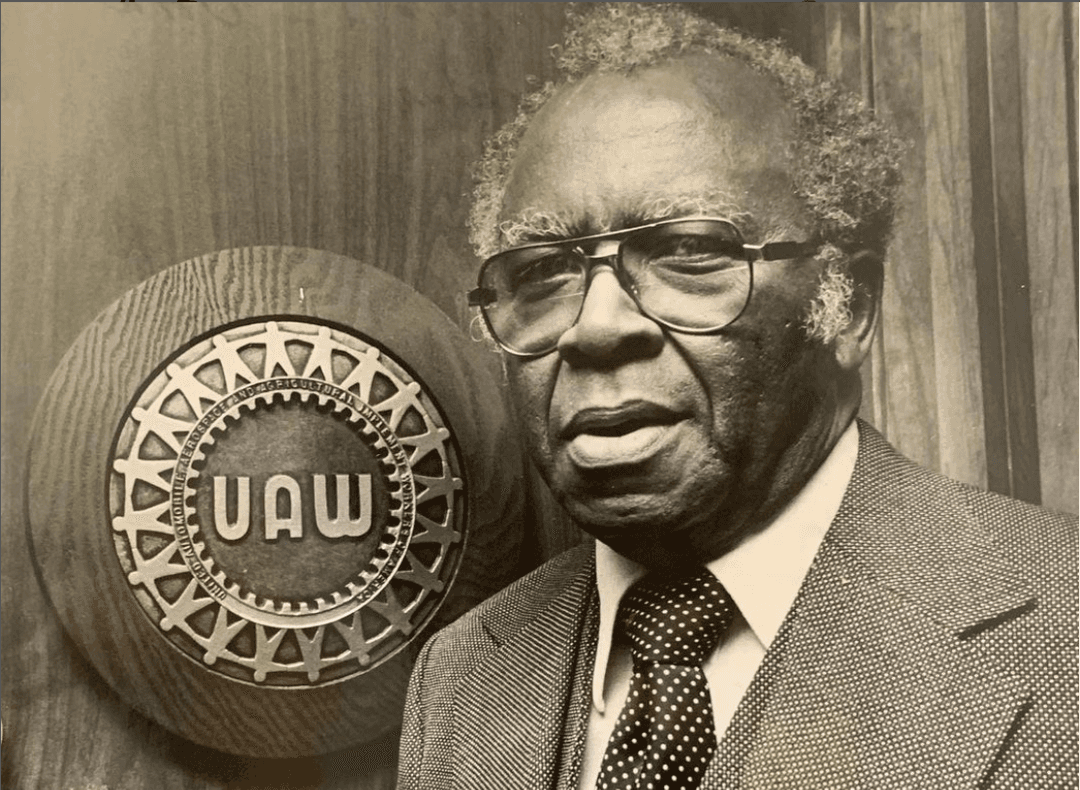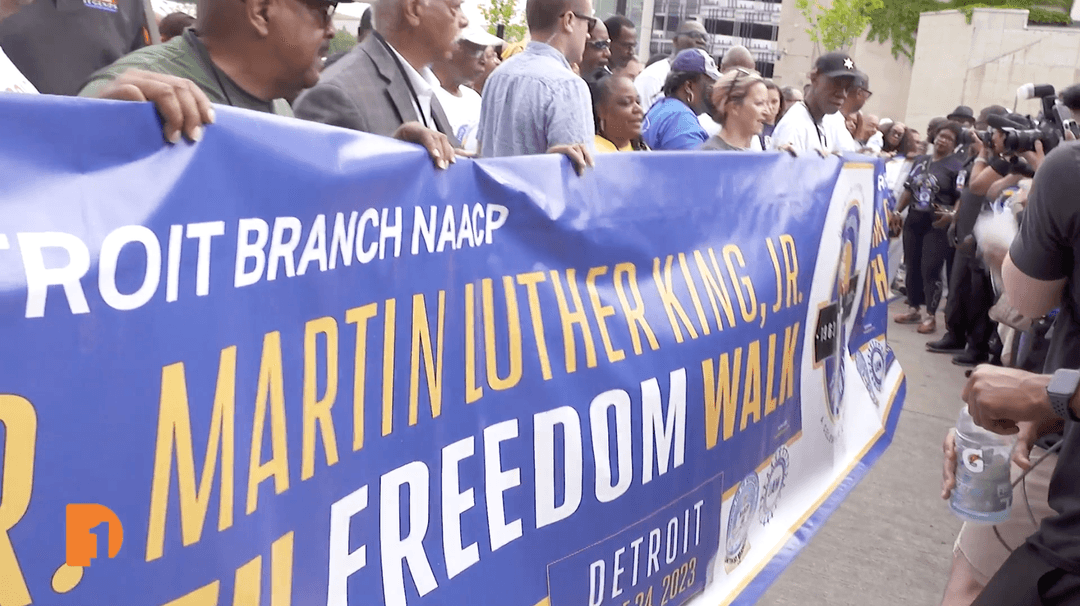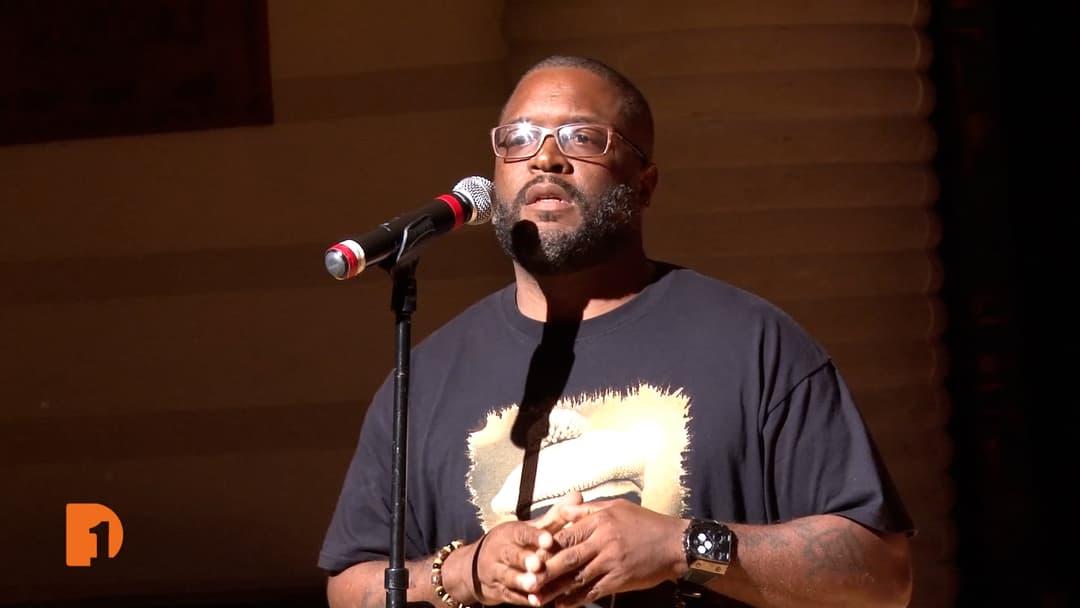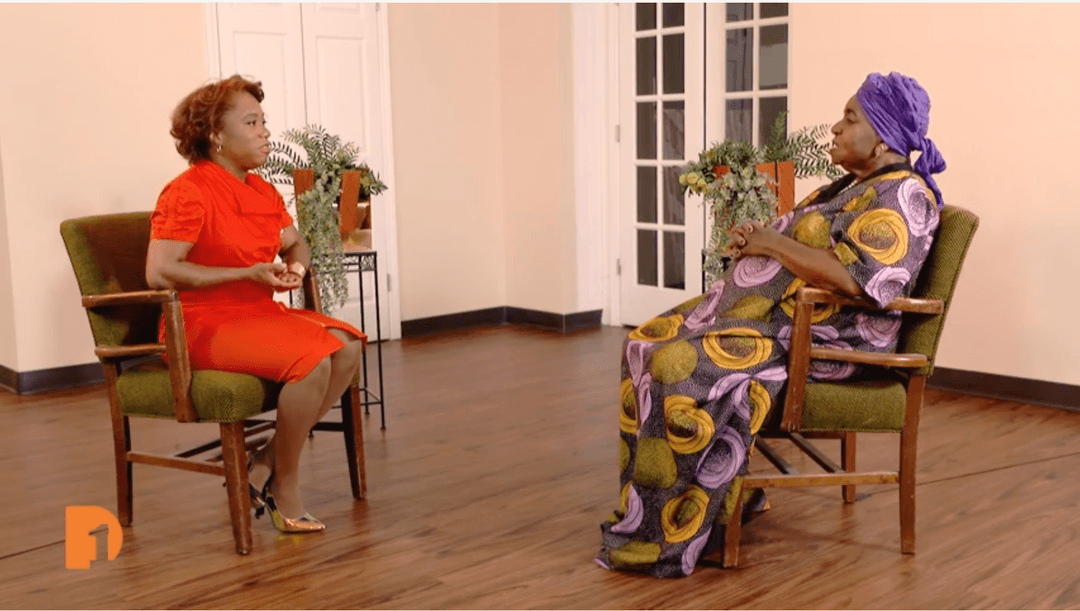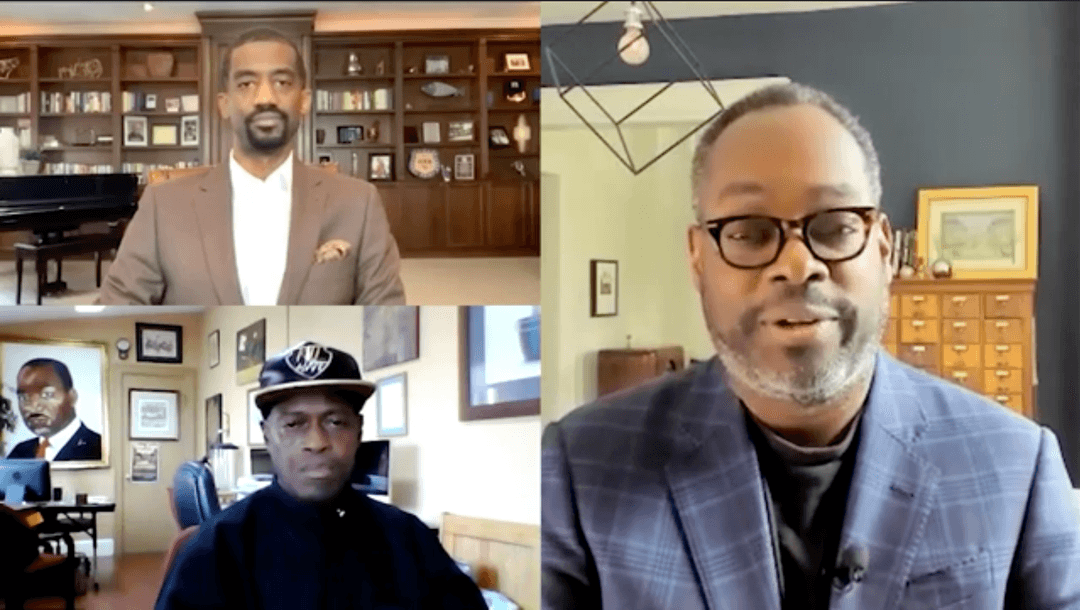Rev. Horace Sheffield III discusses his dad’s legacy, Black leadership for Black History Month
Feb 23, 2023
From an early age, Rev. Horace Sheffield III, executive director of Detroit Association of Black Organizations, knew he wanted to be a courageous African American leader like his father, Horace Sheffield, Jr. When Dr. Marther Luther King, Jr. hoisted a young Sheffield III up during an early civil rights march to pay tribute to a fallen African American, that’s when Sheffield III told his dad he wanted to be a leader.
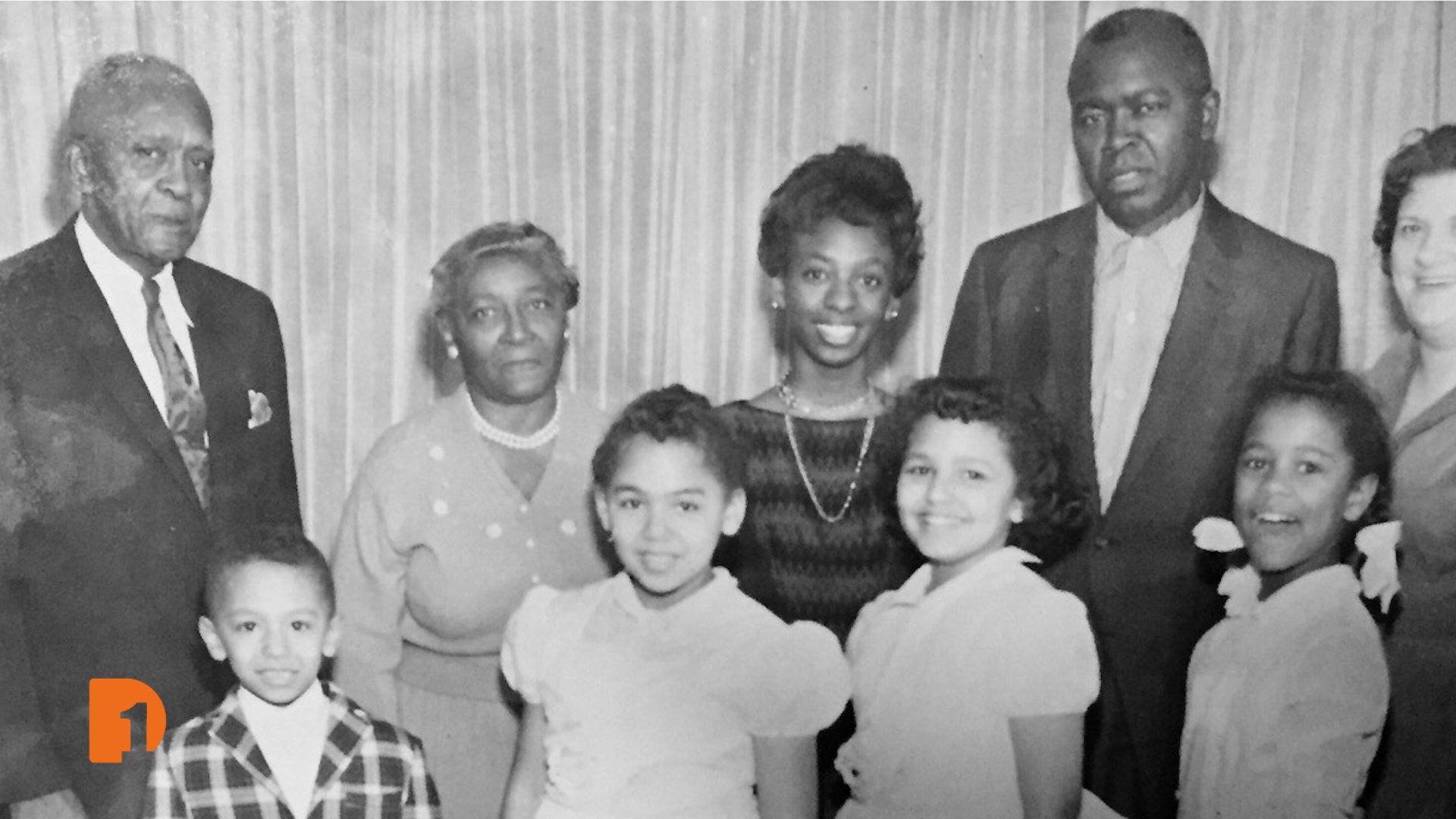
For Black History Month, Rev. Sheffield III sits down with One Detroit contributor Satori Shakoor to reflect on what it was like growing up with a front-row seat to the civil rights movement, and the influence early civil rights leaders like Dr. King, Harry Belafonte and others had on him. He tells stories of how they would gather in the basement of his family home when he was a child.
Plus, Sheffield III speaks on the current state of diversity and equality in society and what can be done to make positive progress going forward.
Full Transcript:
Satori Shakoor, One Detroit, Host: So, Horace?
Rev. Horace Sheffield III, Social Activist & Pastor: Yes.
Shatori Shakoor: What was it like to grow up in such a legacy of civil rights and social justice?
Rev. Horace Sheffield III: Well, to be honest, at a very early age, I kind of engaged in an epistemological, you know, encounter with God, saying, why would you put me in this context? You know, to sleep in Dr. King’s home. To know every formidable Black leader there was in and out of my house.
Shatori Shakoor: For like who, for example.
Rev. Horace Sheffield III: I mean, Roy Wilkins, Whitney Young. I mean, Martin Luther King, you know, knew Harry Belafonte, Godford Dillard. I mean, you name it, Nipsey Russell. I mean, these people would be in my basement with my dad. I mean, they were there because beyond whatever their professional commitment was, they were trying to make life better for other folks. I knew that God had placed me there to absorb as much as I could.
Shatori Shakoor: You were there with the architects and designers. So can you share a little bit about that?
Rev. Horace Sheffield III: Well, you know, my dad started the labor movement. So he was vice president of the Negro American Labor Council in the forties and fifties under A. Philip Randolph. Bayard Rustin was his compatriot. The two of them staff the March on Washington for jobs in the war industry. So, it was not only civil rights, but it was the labor movement. And TULC was at the hub of that, which is where King and everyone came.
My dad took me everywhere. Yolanda King, who was my dear friend, we had a theatrical company. Dr. King’s daughter, they didn’t get to go. They were afraid for their lives and harm. But my dad took me. I went to planning meetings in 19, maybe 62, or maybe 64. We went to Baltimore, Maryland for the Negro American Labor Council. Dr. King was at that convention, and while we were there, an African-American was run over by a tractor in downtown Baltimore, integrating a skilled trade site.
And so all of the people at the convention, all the Black trade unionists from all the unions, maybe a thousand plus people, plus folks in the community, marched downtown to the site. And when we got there, Dr. King was only like 5’4, 5’5. He wasn’t a tall fellow at all. They had a reef and they wanted to hang this reef on the fence.
And Dr. King webbed his fingers and hoisted me up to put that reef on the fence. But one of the lessons I learned from that was for the next two days in the convention, I kept telling my dad when I grow up, I want to be a Black leader. Now, that’s one of the most salient experiences that I’ve had.
Shatori Shakoor: And did your dad like Dr. King and others? Did he have a target on his back?
Rev. Horace Sheffield III: Oh, yes.
Shatori Shakoor: And what. And even knowing that and knowing what happens to certain leaders, you still wanted to lead.
Rev. Horace Sheffield III: There was an incident when he and Charles Evers and Aaron Henry, who was president of Mississippi in NAACP, where they actually surrounded by the Klan. I mean, it was harrowing. I mean, we as children would get calls. My mother would bring us in and tell us that we had to pray for my dad because they didn’t know we were going to come home. But that’s when you know you’re really committed, you know, when.
Shatori Shakoor: It must have been scary, though, as a kid.
Rev. Horace Sheffield III: It was scary for me. I mean, I love my dad. He was like my best friend. I worked with him untill the day he died. But at the same time, he always explained why he was doing what he was doing and why he was where he was going.
Shatori Shakoor: What’s missing in our relationships with each other, with our city, with our world, that we’re not moving forward?
Rev. Horace Sheffield III: I will say to you, that having gone through the civil rights movement and having a draft card and, I mean, the whole social upheaval behind the war in Vietnam, that I really think where we are right now is potentially worse than any of that. Look, we have people now who want to usurp the Constitution, care nothing about democracy, the principles, and precepts upon which this government was founded just to maintain power, because they know in 25 years, you know, Whites will be in the minority.
And that’s what frightens me, because I think the closer we get to a multicultural society and one that recognizes that all people are really the same, the more dangerous it becomes and the more threatened they are. The positive note is if enough good people, if enough people of conscience, which is what Dr. King said, Whites and Backs, gays and straights come together and recognize that, you know, the principles and the precepts upon which this government was founded, liberty and justice for all, and actually embrace that.
I’m encouraged that there’s enough people who feel differently. We just got to get them to act differently and then we can rid ourselves of this curse. The vast majority of people I know want to live in harmony and peace with one another. They just don’t want to be shut out and excluded and discriminated against based on sexual preference, color of their skin, zip codes they live in, or anything else. So, I mean, that’s how I see it. And I may be wrong. I always choose to see it as half full not half empty. And I believe, as Dr. King did, in the innate goodness of people. And I think we’ve got to appeal to that and, you know, do the best we can to make it happen.
Stay Connected:
Subscribe to One Detroit’s YouTube Channel & Don’t miss One Detroit Mondays and Thursdays at 7:30 p.m. on Detroit PBS, WTVS-Channel 56.
Catch the daily conversations on our website, Facebook, Twitter @DPTVOneDetroit, and Instagram @One.Detroit
View Past Episodes >
Watch One Detroit every Monday and Thursday at 7:30 p.m. ET on Detroit Public TV on Detroit Public TV, WTVS-Channel 56.
Stay Connected
Subscribe to One Detroit’s YouTube Channel and don’t miss One Detroit on Thursdays at 7:30 p.m. and Sundays at 9 a.m. on Detroit PBS, WTVS-Channel 56.
Catch the daily conversations on our website, Facebook, Twitter @OneDetroit_PBS, and Instagram @One.Detroit
Related Posts
Leave a Reply
Your email address will not be published. Required fields are marked*




